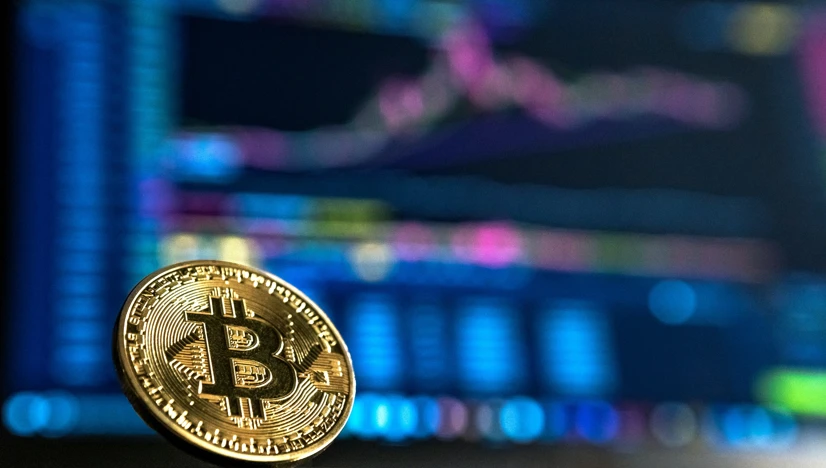Cryptocurrencies and the war in Ukraine

Photo by André François McKenzie on Unsplash
Centre for Economic Policy Research, 2022
"Crypto has joined the mainstream." This punch line by Jon Danielsson alone is certain to incite a fuss by the libertarian defenders of crypto assets; yet from the point of view of his careful argument, it is only logical: By doing business with sanctioned Russia, crypto exchanges face the prospect of exclusion from Western markets by regulators.
Comment from our editors:
Jon Danielsson's is a provocative as much as stimulating take of the effects of the war in Ukraine on the role of crypto in the global financial order. Implusive thinking might lead to the assumption that, surely, by creating havoc in the established financial system with the US dollar at its centre, Western sanctions against Russia have inadvertently created a major breakthrough opportunity for decentralised finance whose very raison d'être is to provide an alternative to the established order. Not so, writes Danielsson: In his analysis, crypto is caught between a rock (its libertarian inception) and a hard place (ostracising by the West in case defi becomes the pariahs' safe haven), leaving the major exchanges little choice but to comply with Western regulators. If that, however, was the end of the story, crypto definitely is not the new safe haven of the future, much less a credible alternative to the dollar.
Go to: Cryptocurrencies and the war in Ukraine
